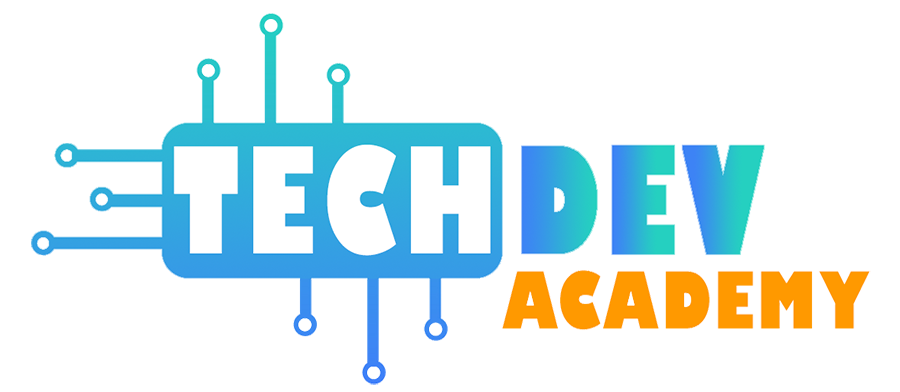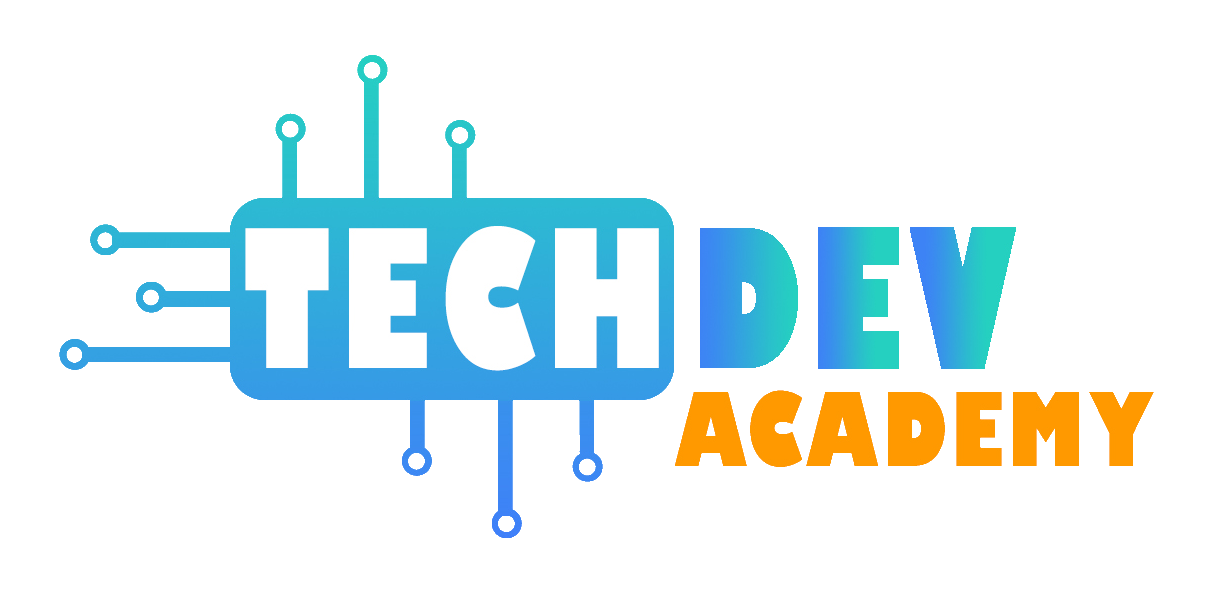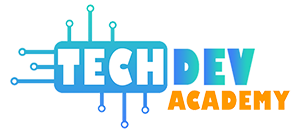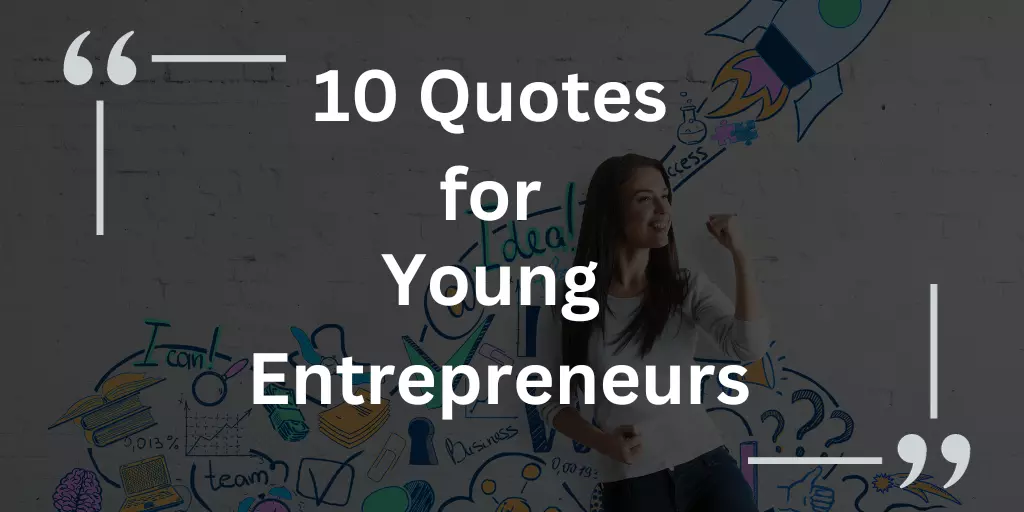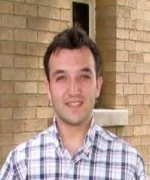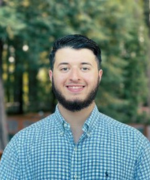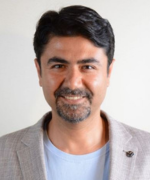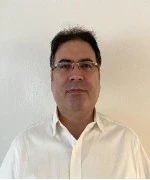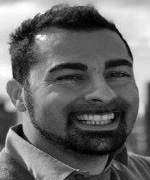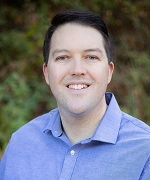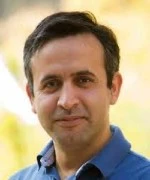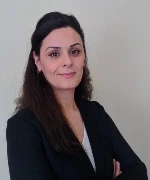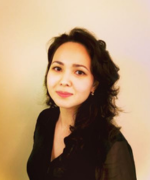How to Balance School and Business as a Young Entrepreneur
As a young entrepreneur, balancing schoolwork and business goals can be difficult. You want to do well in school and learn the skills and knowledge you’ll need for your career. However, growing your business requires time, effort, and dedication. Work and school become difficult here. This blog post will discuss ways young entrepreneurs can balance work and school. To succeed in school and business, we’ll help you set priorities, manage time, use school resources, and avoid burnout.
Setting Priorities
Setting priorities and deciding which tasks are most crucial to your success is important as a young entrepreneur juggling school and business. This can entail carefully assessing your work and school commitments and being prepared to make difficult decisions about how to spend your time and money.
- Making a schedule or to-do list that distinctly outlines the tasks and due dates for each day or week is an efficient way to set priorities.
- Setting attainable objectives is crucial for both your academic and professional endeavors. This entails considering your current obligations as well as any potential roadblocks or difficulties that might appear. You can maintain motivation and create momentum toward achieving your goals by making goals that are difficult but doable.
- Learning to say no to opportunities or commitments that may not be in line with your priorities or goals is a crucial part of prioritizing. Although it may be tempting to accept every opportunity that presents itself, doing so can easily result in overwhelm and burnout.
A young entrepreneur who is also in school and running a business must generally establish priorities. If you take the time to consider your commitments and objectives and are willing to make difficult decisions about how to spend your time and money, you can position yourself for success and achieve your objectives gradually.
Time Management


- Create a schedule: A schedule can help you plan your day, divide your time between different tasks, and avoid putting things off. You can schedule your classes, meetings, and other commitments using a planner or a digital calendar.
- Make use of productivity tools: You can better manage your time by using a variety of productivity tools. You can keep track of the amount of time you spend on various tasks by using time-tracking apps, for instance. Using Pomodoro timers, you can break up your work into manageable chunks and take regular breaks.
- Prioritize your tasks: Time management success depends on good task prioritization. Decide which tasks are most crucial and urgent, and focus your efforts there first. Multitasking should be avoided as it can reduce productivity and raise stress levels.
- Eliminate interruptions: Interruptions can seriously hamper efficient time management. When working intently, refrain from checking social media or email. During working hours, use programs or browser add-ons that block distracting websites.
- Take breaks: It’s important to take breaks to maintain productivity and prevent burnout. To refuel your energy and lessen stress, take brief breaks in between tasks. Consider taking longer breaks to engage in relaxing activities or physical activity.
Leveraging School Resources
Being a student as a young entrepreneur can provide a wealth of resources that can be used to support your professional objectives. Access to campus facilities, professors, and mentors, as well as chances to take business-related coursework and join entrepreneurship clubs, are a few examples of these resources.
- Access to knowledgeable mentors and advisors is among the most beneficial resources that educational institutions can provide to budding entrepreneurs. Ask for advice from professors or alumni who have experience in your industry or area of interest. They can introduce you to other experts in your field and provide you with insightful feedback and advice.
- Numerous universities also provide resources like incubator programs, business plan competitions, and networking opportunities, which can give young entrepreneurs important chances to network with like-minded people and promote their companies. Utilize these chances to expand your network, gain knowledge from others, and promote your company.
- Finally, take into account enrolling in classes or pursuing a degree in a field associated with your company. This can assist you in developing knowledge and skills that can be immediately applied to your business as well as a deeper understanding of your industry. Numerous universities offer programs in marketing, finance, and management in addition to entrepreneurship bootcamps or courses.
Overall, it’s critical for young entrepreneurs to appreciate the value of the resources they have access to at school and to seize these chances to further their business objectives. You can develop relationships, gain important experience, and set up your company for long-term success by making the most of these resources.
Delegating tasks
Any young entrepreneur trying to balance school and business needs to be adept at delegation. Delegation entails distributing responsibilities and tasks to team members or contracting out work to outside service providers. Entrepreneurs can do this to concentrate on their core competencies while freeing up time to work on more important business tasks.
Determining which tasks to delegate is the first step in effective delegation. Focusing on core business activities that require your expertise, such as creating marketing strategies, sales, and product development, is crucial for young entrepreneurs. On the other hand, non-core tasks like data entry or administrative work can be contracted out.
Finding team members or service providers who can complete tasks that have been delegated is the next step. Finding dependable team members or service providers who can meet deadlines and produce high-quality work is crucial for a young entrepreneur. To find talented team members or service providers, young entrepreneurs can take advantage of school resources like internship programs, entrepreneurship clubs, or alumni networks.
The entrepreneur must effectively communicate with team members or service providers once they have been chosen to make sure they are aware of the task’s requirements, deadline, and range of work. To make sure the work is completed to their standards, entrepreneurs should also be accessible for inquiries and feedback.
High levels of communication and trust between the entrepreneur and team members or service providers are necessary for effective delegation. Giving up control can be difficult, but effective task delegation can free up time and assist young business owners in striking a better work-life balance.
Avoiding Burnout

It’s critical to prioritize your physical and mental health as a young entrepreneur juggling school and business to prevent burnout. Your academic and professional goals may be hampered by burnout, which can also cause stress, fatigue, and decreased productivity. Following are some pointers for preventing burnout:
- Take a break: It’s crucial to take breaks throughout the day to revitalize and reset your priorities. Every hour or so, take a brief break to stretch, practice meditation, or go for a walk.
- Put self-care first: Take care of yourself by having enough sleep, healthy diet, and exercising.
- Establish limits: To prevent overworking yourself, it’s crucial to establish boundaries between your academic and professional lives. Establish specific business hours and make sure to give your academic work top priority during school hours.
- Don’t be afraid to ask for assistance or to assign tasks to others: When you require assistance, ask your team members, friends, or family.
- Be adaptable: Unexpected occurrences or emergencies can occasionally occur, stressing you out and interfering with your plans. When things are tough, put self-care first and be adaptable to changes.
By adhering to these suggestions, you can prevent burnout and maintain your motivation and productivity in both your academic and professional endeavors. Keep your health a top priority and ask for help when you need it.
Conclusion
Young entrepreneurs may find it difficult to balance school and business, but with the right attitude and techniques, success in both arenas is possible. Young business owners who set priorities, use time wisely, take advantage of school resources, delegate tasks, and stay motivated can build a successful company while continuing their education. Remember to take breaks, prioritize yourself, and seek assistance when necessary. If you have a strong work ethic, persistence, and determination, anything is possible. So, as a young entrepreneur, go forth and achieve your goals!
